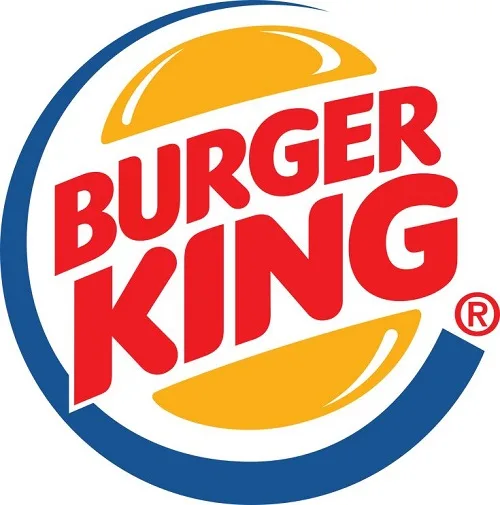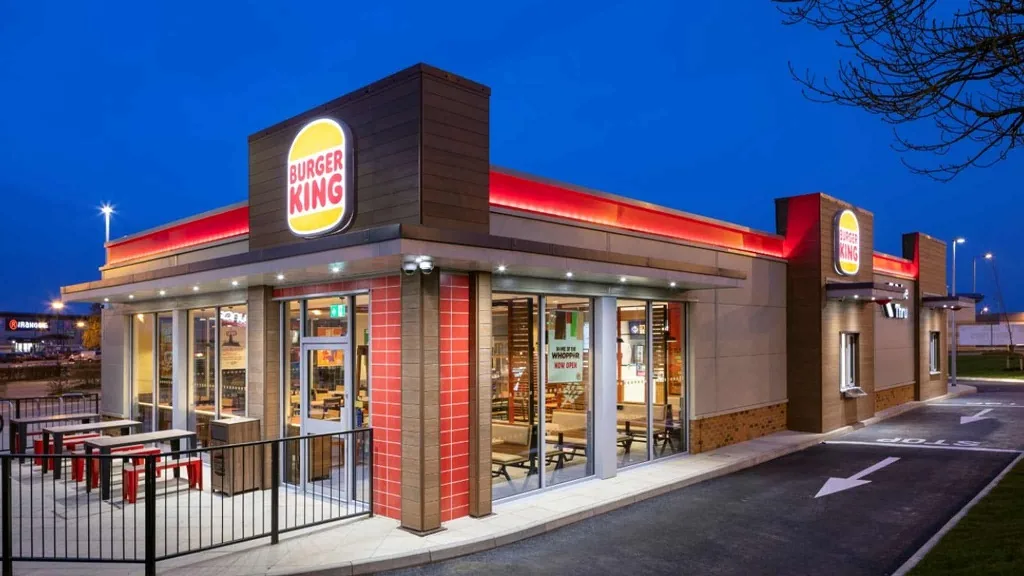
The Remarkable Success Story of Burger King
Burger King is globally recognized for its fast-food chains that mainly serve burgers, fries, and drinks. Originated in 1954 in Miami, Florida, USA, Burger King was initially named “Insta-Burger King”. The founders, James McLamore and David Edgerton, pioneered a unique cooking method: the flame-grilling process that became a defining feature of the brand. This innovative approach helped differentiate Burger King from its competitors, promising a better-tasting, quality burger.
Over the years, Burger King expanded its menu to include a variety of items catering to different tastes and preferences, which includes the famous Whopper, introduced in 1957. The Whopper became an instant favorite due to its fresh ingredients and customization option, embodying Burger King’s customer-centric approach. This adaptability and commitment to quality have solidified Burger King’s reputation as a company dedicated to feeding their customers’ desires while maintaining fast service.
How big is the company now?
Today, Burger King stands as the second largest fast-food hamburger chain in the world. As of 2021, it operates more than 18,000 locations in over 100 countries, with approximately 17,800 employees globally. The majority of these restaurants are owned and operated by independent franchisees who adhere to Burger King’s rigorous standards of quality and service.
Burger King’s commitment to growth is evident in its aggressive international expansion strategies and continuous menu innovations. Its business model has successfully adapted to various market conditions, balancing the tradition of hearty, flame-grilled burgers with modern dietary trends like plant-based options and healthier choices.
Temporary downfall of the company
Despite its success, Burger King has faced its share of challenges. The 1990s and early 2000s, in particular, were marked by intense competition from other fast-food giants, shifting consumer tastes, and operational inefficiencies. In the early 2000s, Burger King’s financial performance faltered as it lost market share to its rivals.
The company also struggled with brand identity due to frequent changes in ownership and management strategies that often contradicted one another. These challenges peaked when Burger King was perceived as lagging in terms of innovation and customer engagement compared to its direct competitors.
Addressing these crises, Burger King embarked on a series of transformative strategies that included menu diversification, marketing overhaul, and franchise consolidation. A significant move was the introduction of the “Have it your way” campaign, which reinforced Burger King’s commitment to customer satisfaction by highlighting the customizable options of their meals.
Moreover, the company streamlined its operations and renovated restaurants to improve customer experience. By revamping its image and operations, Burger King successfully rejuvenated its brand, leading to increased sales and a strengthened market position.

Overcoming the impossible
The rebranding efforts and strategic marketing campaigns have led Burger King to remarkable achievements. Notably, the launch of the Impossible Whopper, a plant-based version of their classic burger, catered to the burgeoning demand for vegan and vegetarian options, setting Burger King apart in the fast-food industry as an innovator.
Financially, Burger King has seen a consistent increase in revenue, further solidified by its strong international presence. The brand’s adaptability in various global markets showcases its capacity to cater to diverse consumer tastes while maintaining the core attributes of its identity.
Burger King’s legacy
Burger King’s legacy is not just in its substantial global footprint but also in its significant cultural impact. It has been a part of numerous charitable initiatives and campaigns that aim to benefit communities and promote sustainable practices. This commitment to societal welfare resonates well with the modern consumer base, further enhancing the brand’s image.
The company continues to champion the values of quality food and exceptional service, promising a unique and satisfying dining experience. This legacy of innovation and community engagement cements Burger King’s status as a leader in the fast-food industry, making it a favorite among consumers around the world.
Popular articles
You may be interested in related articles.
-
In 2025, Eastern Europe remains a thriving and fast-evolving region for technological …
More -
Startups are facing a challenging investment climate. Since 2024, the venture capital …
More -
Microinvesting has gained remarkable traction in recent years, providing beginners with an …
More -
As we step further into 2025, the rise of remote-first startups has …
More




